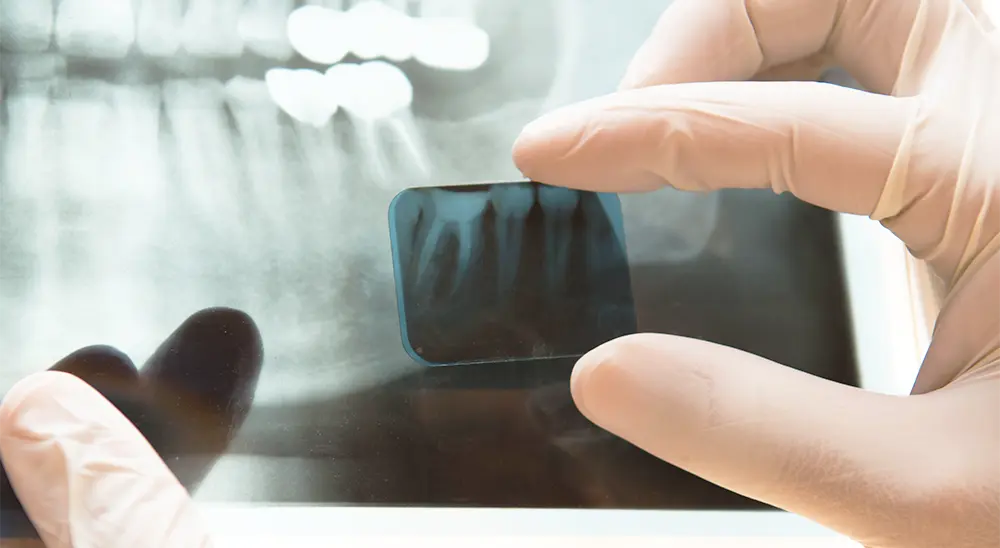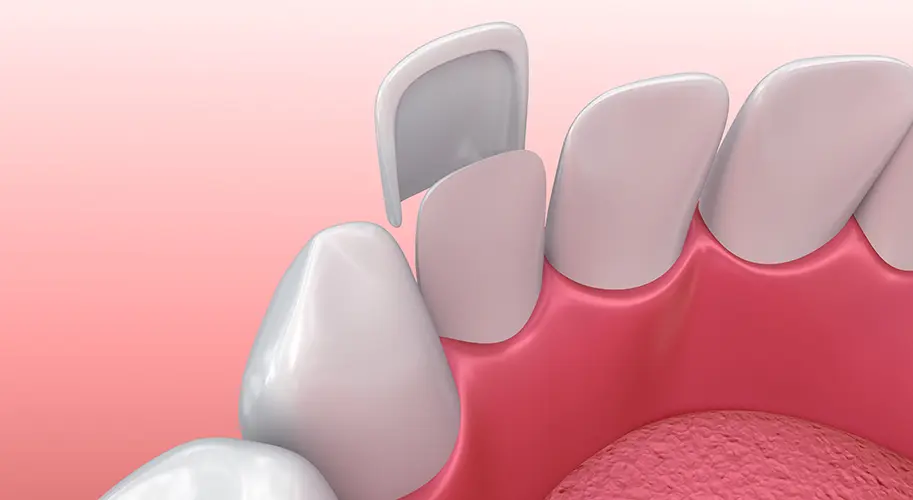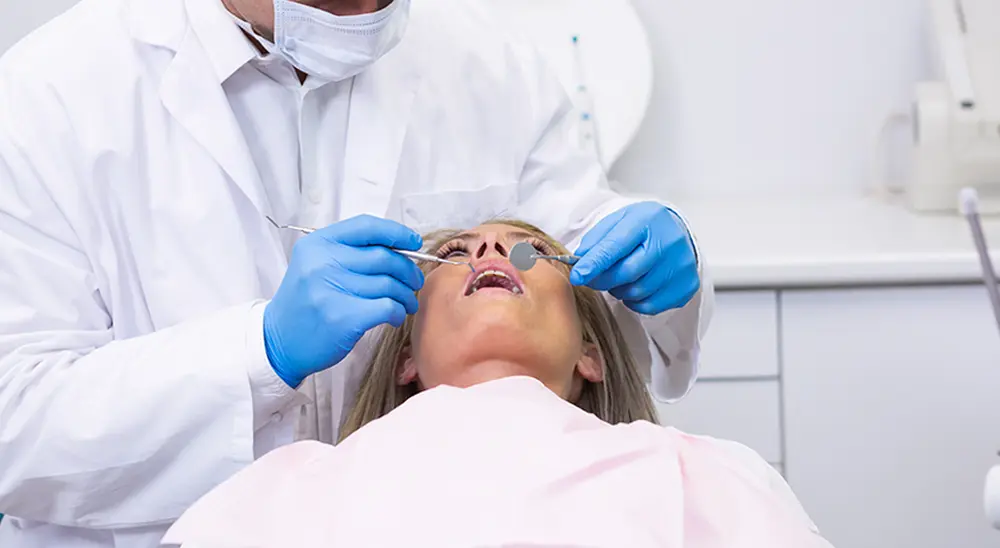
Wisdom teeth
What is important to know about them?
The wisdom teeth are named because of the age at which they grow up in the oral cavity – between 17 and 24 years (years of wisdom). “What are they?”, “Do they have to be removed?”, “Is there pain during the procedure?” and many more questions and answers related to them, read in our new article
What are wisdom teeth?
The wisdom teeth are the third molars and pierce the oral cavity last, compared to all other teeth. They are usually 4 in number (2 on the upper and 2 on the lower jaw), but may be fewer or absent.
Often there is not enough space for them in the dentition and this creates difficulties in their breakthrough.
Do they have to be removed?
Although the common belief is that the wisdom teeth must be removed, this is wrong. In order for a wisdom tooth to be removed, there must be specific indications, and its presence in the oral cavity is not in itself an indication.
The most common causes of wisdom tooth extraction are improper growth, pain and irritation in the cheek area, difficulty eating, sinus problems, inflamed gums and others.
How does the wisdom teeth extraction procedure work?
Wisdom teeth extraction is performed by an oral surgeon, after careful analysis of the specific clinical case. This manipulation is performed within one visit to the dental office. Anesthesia of the treated area with local anesthesia is performed. Then it proceeds to the extraction of the tooth from the tooth bed. If necessary, the wound is sutured.
The main goal is minimally traumatic extraction, as the healing process depends on it.
Is there pain during and after the wisdom teeth extraction procedure?
The only mild pain that the patient may experience is before the start of the procedure when the anesthesia is applied (because of the pinch). The wisdom teeth removal procedure itself is painless for the patient.
Is there pain during the postoperative period and how does it go?
The recovery period after wisdom teeth extraction is strictly individual and is determined by the volume of surgical trauma, which is multi-factorial, as well as the patient’s body, the presence of accompanying dentition and others.
It is possible to have pain during the postoperative period, but this is strictly individual. For this purpose, your doctor will prescribe the appropriate medication.
What are the risks and complications that can occur when removing a wisdom tooth?
Like any surgical intervention and removal of a wisdom tooth hides its risks, but everything is strictly individual and depends entirely on the anatomical features of the patient – the location and shape of the tooth, its proximity to neighboring important structures such as nerves, vessels, sinuses, and others.
What are the consequences if we do not remove a wisdom tooth that has an indication to be removed?
In cases where there is not enough space for the normal breakthrough of a wisdom tooth, the preconditions for a number of problems are formed: inflammatory processes and pain, cheek bites, orthodontic problems, cyst formation and other formations. A particularly unpleasant situation is the loss of the 7th tooth due to problems related to the 8th tooth (wisdom tooth). I can give an example of caries of the 7th tooth, developing as a result of collecting food between the second and third molars (7th and 8th tooth), due to the incorrect position of the latter. The topic of prophylactic wisdom tooth extraction is extensive and requires an X-ray analysis and the competence of an oral surgeon to make the right decision.








